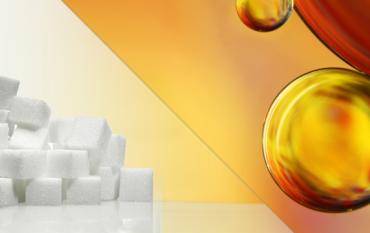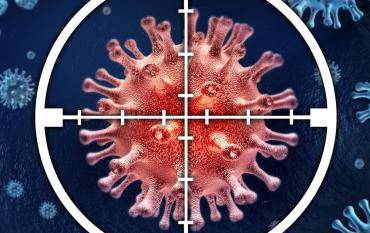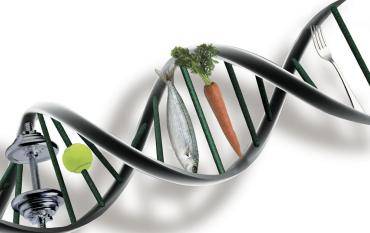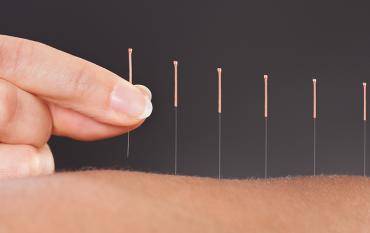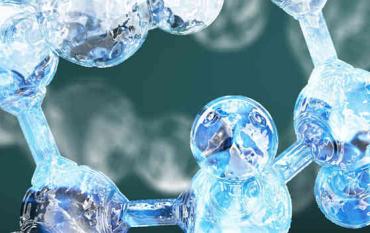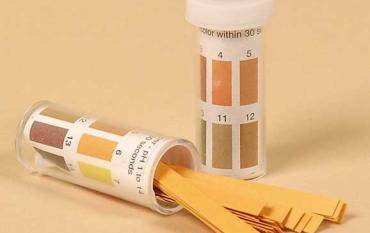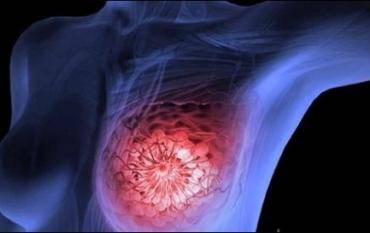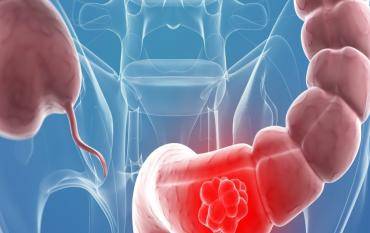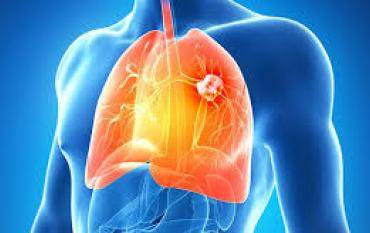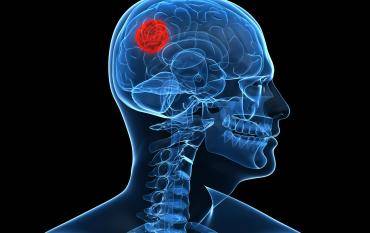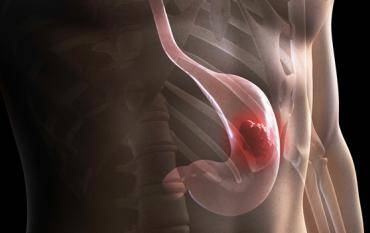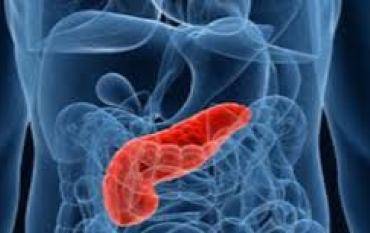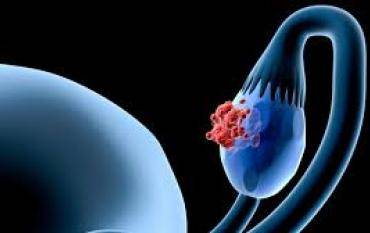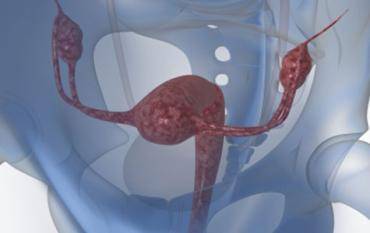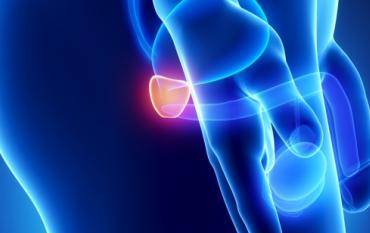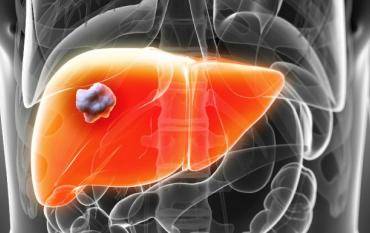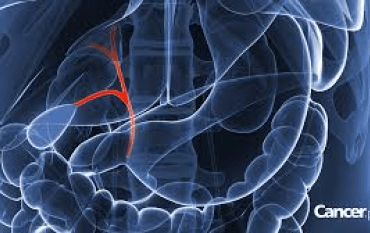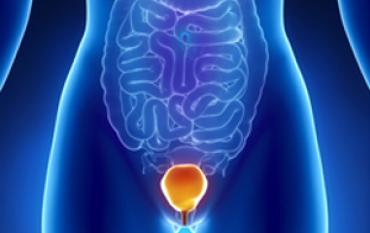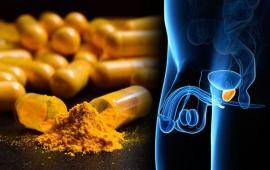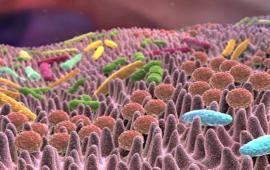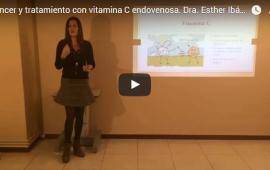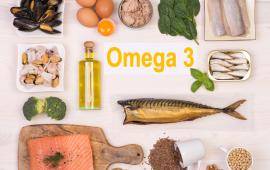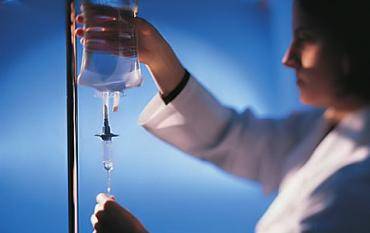
Cancer. Integrative Oncology
Stress and Cancer (I)
Some of the main characteristics of cancer-prone individuals appear to be frequent feelings of hopelessness and helplessness, inability to express anger or resentment, low self-esteem and sadness, or having suffered the loss of a significant emotional relationship.
Turmeric and Prostate Cancer
Curcumin is the main polyphenol in curcumin root, responsible for its therapeutic effects. Its antitumor action is very versatile as it has been shown to modulate and influence multiple molecules involved in cancer growth, by altering the expression of cellular genes and influencing cancer signaling pathways.
Nutrition and integrative medicine: The importance of intestinal microflora
Nutritional therapy of digestive function has traditionally focused on what happens inside the digestive tract. Therefore, it was limited to replacing digestive enzymes, bile salts, etc, herbs and nutrients that are responsible for promoting peristalsis and intestinal transit time or probiotics. What is the best solution to ensure absorption that can maintain optimal health?
Vídeo: "Cancer and Intravenous Vitamin C treatment"
Video of the conference on oxidative stress and the use of antioxidants in different pathologies. The use of intravenous vitamin C in the integrative treatment of cancer.
Diet Therapy for Cancer: B-Carotene
Because the development of cancer has been related to high levels of oxidative stress, the antioxidant properties of beta-carotene are beneficial for the prevention and treatment of cancer. The presence of beta-carotenes decreases oxidative damage in lymphocytes and therefore protects immune function
FOOD AS MEDICINE: Omega 3 fatty acids
The most important Omega 3 fatty acids are docosahexaenoic acid (DHA) and eicosapentaenoic acid (EPA). They are found in a 50:50 or 60:40 ratio in fish. They are essential nutrients for cell membranes, improve flexibility and communication between cells and help proper cellular metabolism


